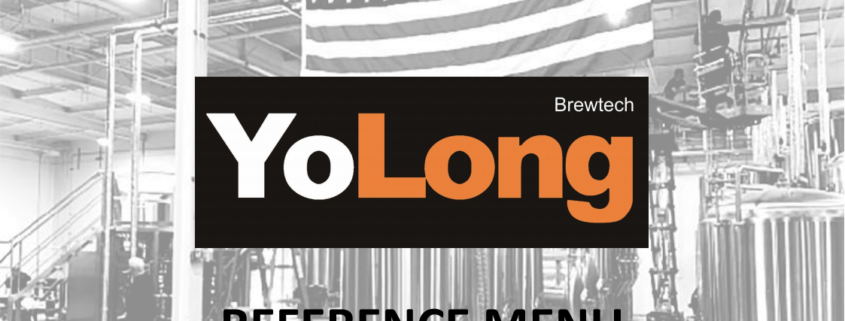Premium Brewery Equipment Manufacturer You Can Trust
What is a Brewery Equipment Manufacturer?
If you’ve ever sipped on a cold, perfectly crafted beer and thought, “Wow, how is this even made?”, you’re not alone. Behind every pint, there’s an intricate web of machines and processes, and it all starts with the brewery equipment manufacturer. So, what exactly is a brewery equipment manufacturer? Let’s break it down.
A brewery equipment manufacturer is a specialized company that designs, fabricates, and supplies the machines and systems used to brew beer. They’re the unsung heroes behind those shiny stainless-steel tanks, those complex piping networks, and those sleek control panels that keep everything humming smoothly.
Think of them as the architects and builders of the beer world. Without them, the magic of brewing simply wouldn’t happen. From small-scale craft breweries to massive commercial beer giants, everyone relies on these manufacturers to deliver equipment that’s reliable, safe, and efficient.
But here’s the kicker—not all brewery equipment manufacturers are created equal. Some specialize in craft brewing systems that fit in a small warehouse, while others build industrial setups that can churn out thousands of gallons a day. Some focus on premium aesthetics for brewpubs that showcase their equipment to customers, while others prioritize raw output and durability.
So, whether you’re dreaming of opening your neighborhood microbrewery or expanding your industrial production line, choosing the right manufacturer is step one.
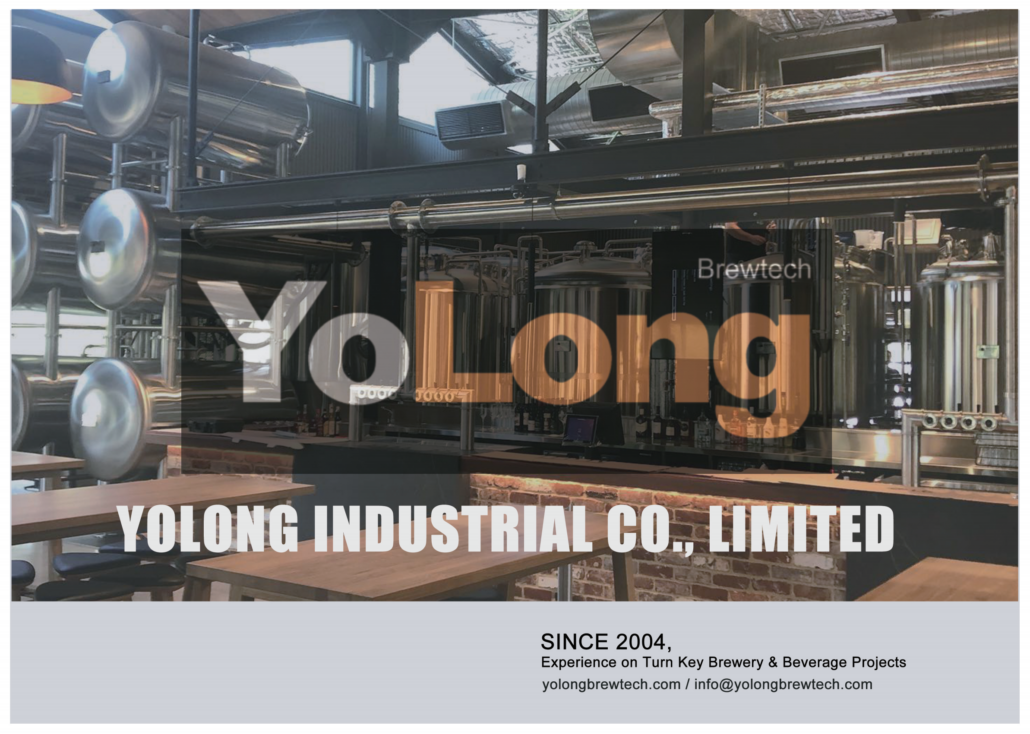
Why Choosing a Professional Brewery Equipment Manufacturer Matters
Now you might be wondering, “Does it really make that much of a difference which manufacturer I choose?” Oh, absolutely. Choosing a professional brewery equipment manufacturer isn’t just about buying some tanks and calling it a day—it’s like choosing a long-term brewing partner.
Quality Control is Non-Negotiable
Professional manufacturers are obsessed with quality. They know that one poorly welded joint can ruin an entire batch of beer, which could send your brand reputation down the drain. They use premium stainless steel (typically 304 or 316 grade), conduct rigorous pressure testing, and comply with international safety standards like CE, ASME, and ISO certifications.
Customization is Key
A pro manufacturer doesn’t hand you cookie-cutter equipment. They tailor the setup based on your brewing style, batch size, available space, and even your preferred level of automation. Whether you want manual valves for that hands-on feel or touch-screen automation for pinpoint control, a top-tier manufacturer makes it happen.
Efficiency Saves Money
High-quality brewing systems from reputable manufacturers are engineered for energy efficiency, heat recovery, and water-saving features. Over time, these savings can seriously impact your bottom line. Think about it—why pay for wasted energy when smart design can save you gallons of water and kilowatts of power?
Long-Term Support
Professional manufacturers provide ongoing technical support, spare parts availability, and equipment upgrades. Imagine brewing your first batch and something goes wrong. Would you rather deal with a silent supplier or a responsive partner who helps you troubleshoot immediately?
So yes, choosing the right manufacturer can mean the difference between brewing success and an expensive, foamy mess.
Types of Brewery Equipment: From Mash to Pour
When diving into the world of beer brewing, the variety of equipment can feel overwhelming. Let’s explore the essential types of brewery equipment and what each does, in a way that’s both approachable and technical.
| Equipment Type | Description | Key Features | Common Sizes |
|---|---|---|---|
| Malt Milling System | Crushes malt to prepare for mashing | Adjustable roller gaps, dust prevention | 200-2000 kg/h |
| Mash Tun | Mixes crushed malt with water to convert starches to sugars | Insulated, steam or electric heated, agitation system | 200L – 50,000L |
| Lauter Tun | Separates wort from spent grains | False bottom, rake arms, automated grain out | 200L – 50,000L |
| Boil Kettle/Whirlpool | Boils wort with hops, creates whirlpool for trub separation | Steam jacketed, tangential inlet, vapor condensing | 200L – 50,000L |
| Fermentation Tanks | Ferments wort into beer | Glycol jackets, pressure-rated, sample ports | 200L – 100,000L |
| Bright Beer Tanks | Matures and carbonates beer before packaging | Polished interior, pressure-rated, carbonation stone | 200L – 100,000L |
| CIP System | Cleans all tanks and pipes automatically | Mobile or fixed, programmable cycles | Custom sizes |
| Control Panel | Central control of brewing process | Manual, semi-auto, or fully automated PLC systems | Variable |
Each piece of equipment serves a unique purpose, and skipping or cheaping out on one can seriously mess up your brewing process. For example, a poorly designed lauter tun can lead to stuck mashes, costing you time and materials. Or an underpowered boil kettle may not achieve proper hop utilization, leaving your beer tasting flat.
Comparing manual setups versus fully automated systems is also crucial. Manual systems give brewers more control but require more labor and skill. Automated systems reduce human error and speed up the process, but they’re significantly more expensive upfront.
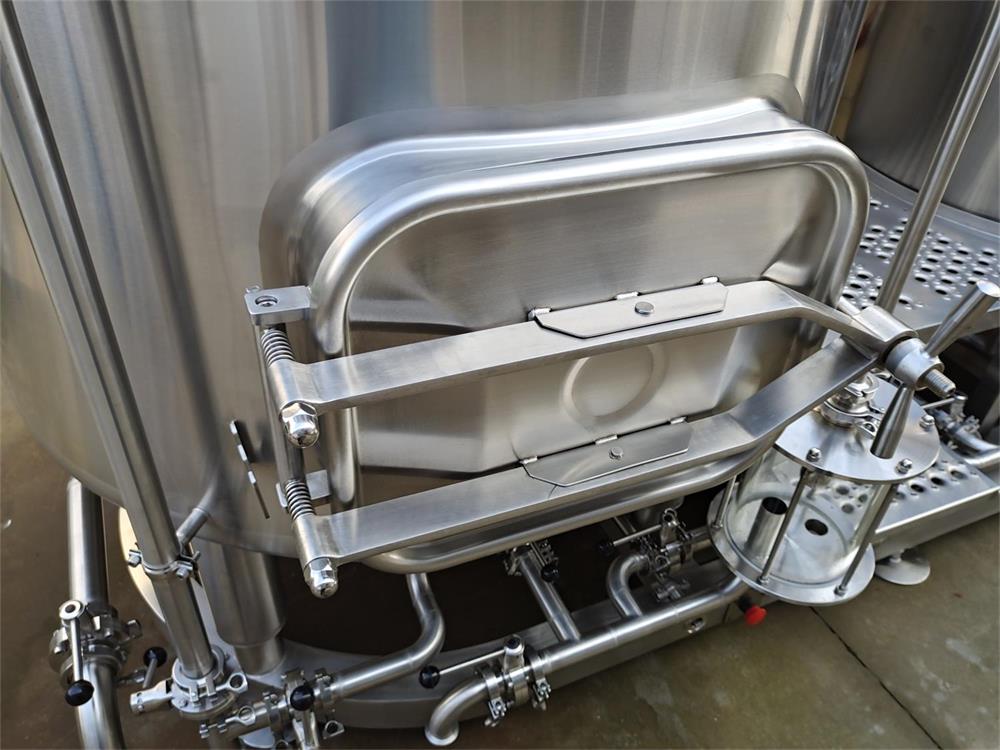
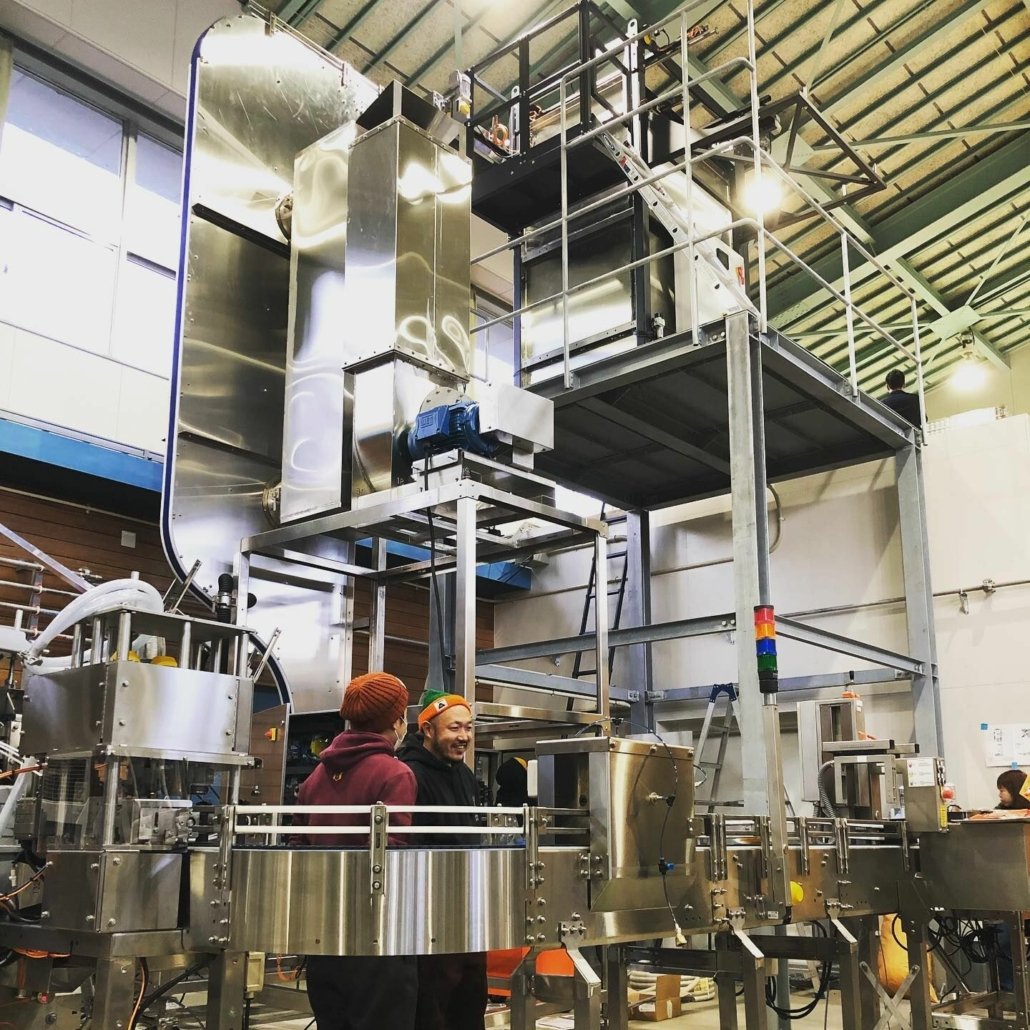
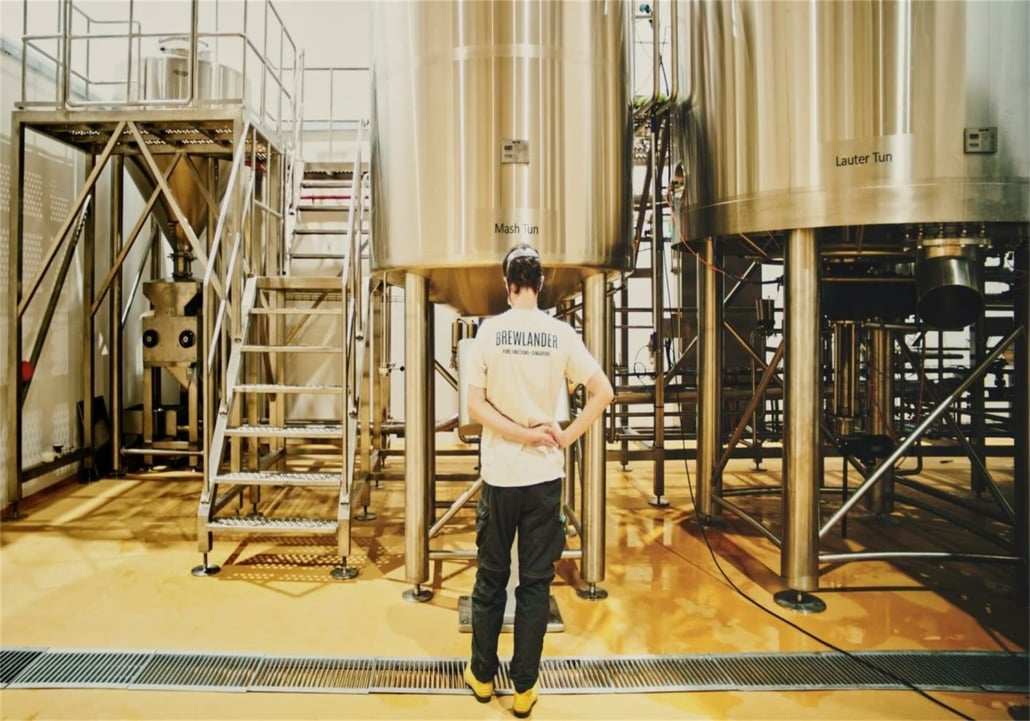
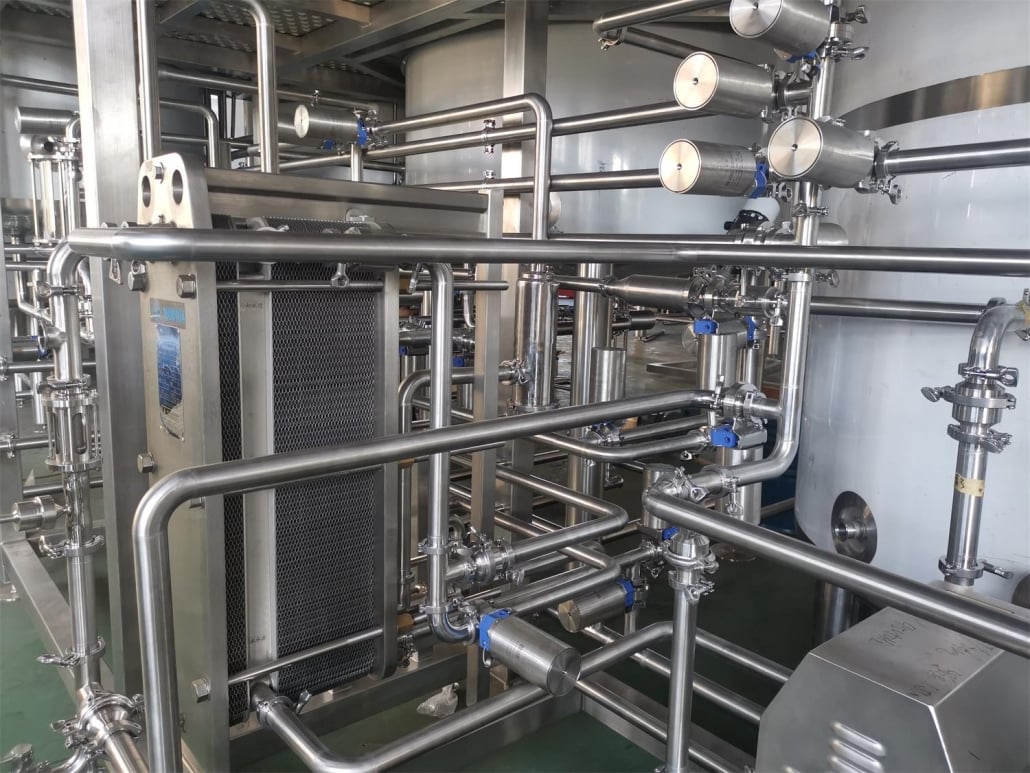
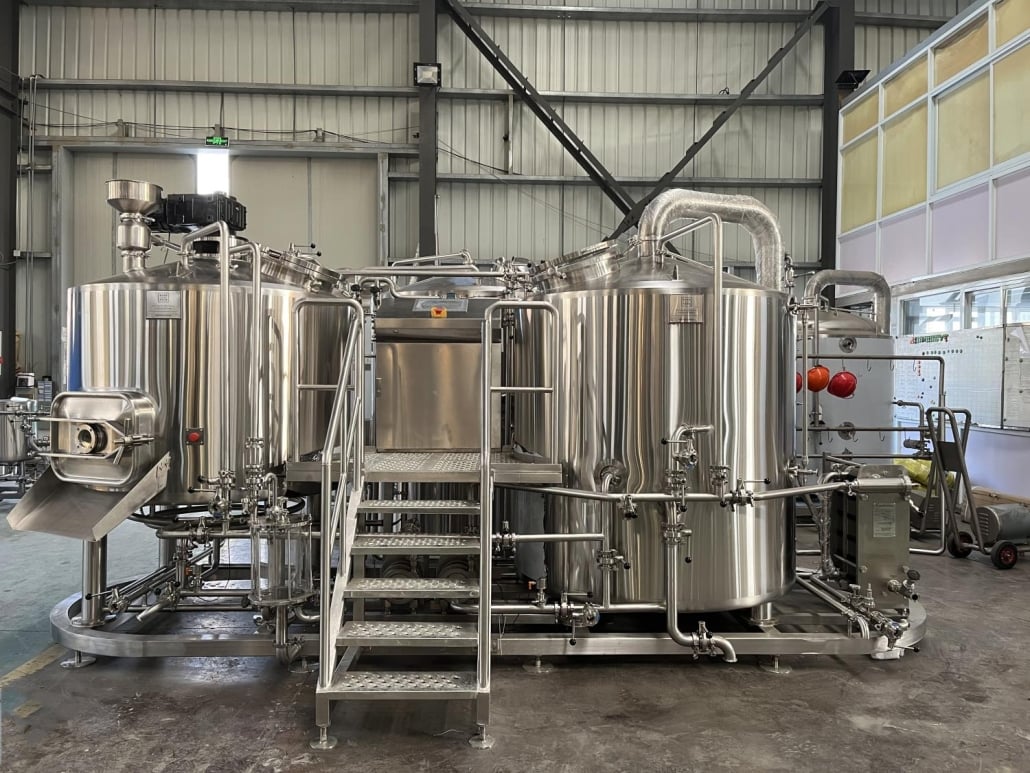
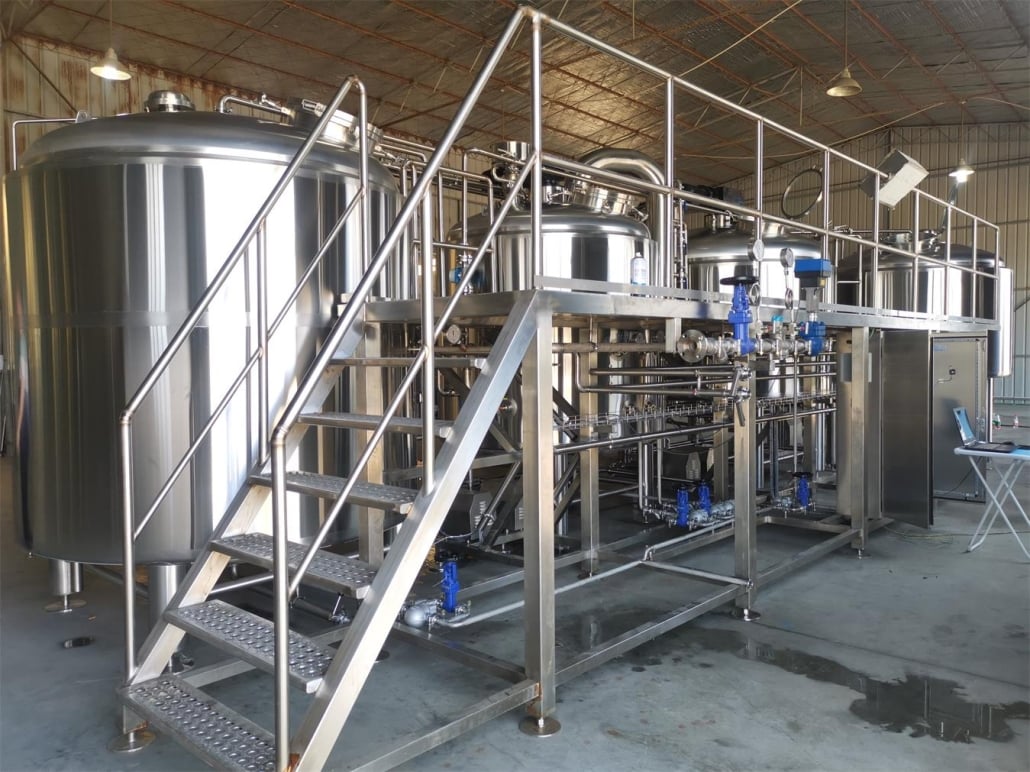
How to Choose the Right Brewery Equipment Manufacturer
Choosing the perfect brewery equipment manufacturer isn’t just about comparing prices. It’s about matching their strengths to your brewing goals.
Assess Their Experience
Look for manufacturers with at least 5-10 years in the game. They should have a proven track record with breweries similar to yours. Some specialize in craft systems, while others dominate the commercial sector. Ask for client references, case studies, or even visit their installed breweries if you can.
Material Quality and Craftsmanship
Always check that they use high-grade stainless steel (304 or 316), sanitary welds, and precision fabrication. A well-built system will last decades. Cheaper manufacturers may cut corners with thinner steel or poor welding, which can lead to contamination or structural failure.
Customization Capabilities
Your brewery is unique. Whether you need a space-saving vertical system, special heating sources, or aesthetic tanks for customer-facing areas, a great manufacturer will customize to fit your needs. Avoid those that only offer “off-the-shelf” kits.
Support and Training
Does the manufacturer provide installation guidance, brewing training, and after-sales service? A reliable supplier won’t ghost you after the invoice is paid. Look for those who offer 24/7 tech support and have spare parts available locally or with fast shipping.
Budget Versus Longevity
There’s always a temptation to go for cheaper equipment, especially for startups. But be careful—what you save upfront, you may spend tenfold on repairs, downtime, and inefficient brewing. Sometimes, investing in a slightly more expensive, well-supported system saves you big in the long run.
Professional Brewery Equipment Manufacturer for Craft and Commercial Breweries
Whether you’re aiming for small-batch artisanal brews or massive commercial beer production, the choice of brewery equipment manufacturer makes all the difference.
Craft Brewery Systems
Craft breweries typically look for batch sizes between 100L to 5,000L. These setups favor flexibility, allowing brewers to experiment with new recipes and flavors. They often prefer manual or semi-automated systems to retain creative control. For these brewers, aesthetics also matter because the tanks may be visible to customers.
Advantages:
- Lower upfront costs
- Greater flexibility for small batches
- Hands-on brewing process
Disadvantages:
- Labor-intensive
- Less efficient for scaling up production
Commercial Brewery Systems
Commercial breweries are the powerhouses of beer production. They deal with batch sizes upwards of 10,000L, where consistency, speed, and efficiency reign supreme. Full automation is common to reduce human error and labor costs.
Advantages:
- High output for mass distribution
- Fully automated systems for consistency
- Energy and water-saving features
Disadvantages:
- Higher initial investment
- Less flexibility for recipe experimentation
When comparing craft versus commercial brewery equipment manufacturers, it’s crucial to find someone who truly understands your production goals. Some manufacturers focus solely on craft systems and might not have the engineering capability for large-scale plants. Others who specialize in commercial setups might not offer the creative flexibility craft brewers crave.
A good rule of thumb? Look at the breweries they’ve already equipped. Their past clients are a solid indicator of where their strengths lie.
Brewery Equipment Specifications and Price Ranges
Here’s a detailed breakdown of equipment sizes, capacities, and approximate price ranges for both craft and commercial breweries.
| Brewery Size | Batch Size | Annual Output (HL) | Typical Equipment Cost (USD) | Space Required (sq. ft.) |
|---|---|---|---|---|
| Nano Brewery | 100-500L | Up to 500 | $30,000 – $150,000 | 800 – 1,500 |
| Microbrewery | 500-2,000L | 500 – 3,000 | $80,000 – $500,000 | 1,500 – 4,000 |
| Brewpub | 1,000-3,000L | 1,000 – 5,000 | $100,000 – $700,000 | 2,000 – 5,000 |
| Regional Brewery | 5,000-10,000L | 5,000 – 20,000 | $300,000 – $1.5 million | 5,000 – 12,000 |
| Industrial Brewery | 10,000L+ | 20,000+ | $1 million+ | 15,000+ |
Prices vary significantly based on automation level, materials, and brand reputation. European-made systems, for example, typically cost more than Chinese-made equipment but often carry a perception of higher quality and longer lifespan.
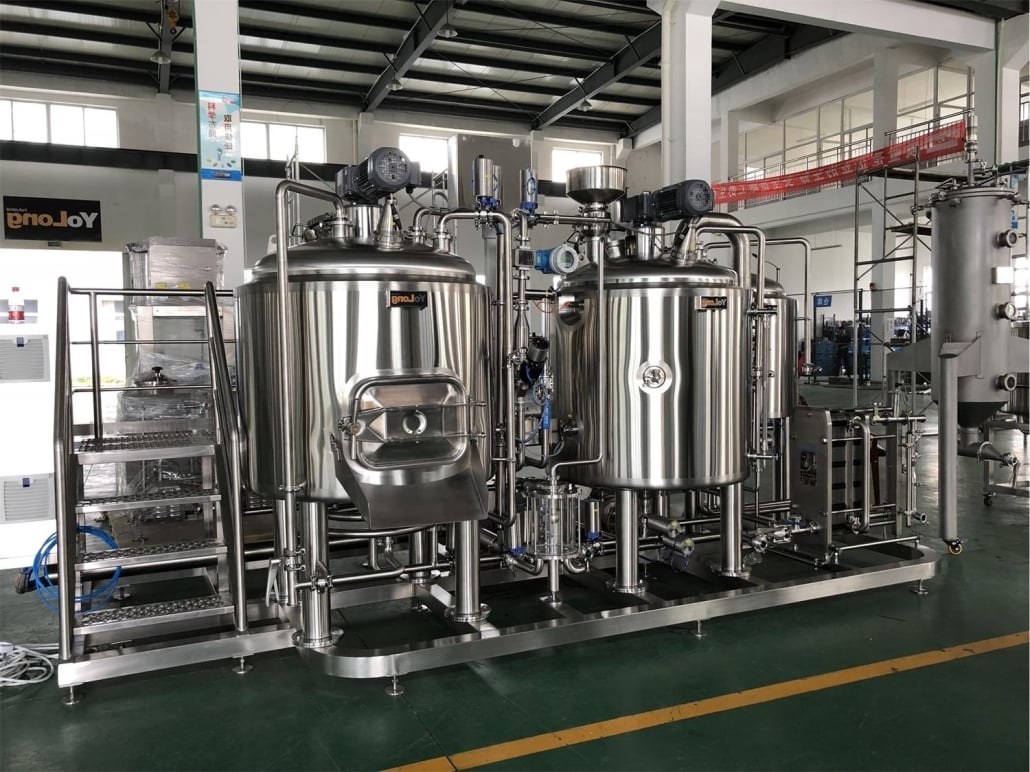
FAQs
| Question | Answer |
|---|---|
| What does a brewery equipment manufacturer do? | They design, build, and supply the machines used to brew beer, including mash tuns, fermenters, and packaging systems. |
| How much does brewery equipment cost? | Costs range from $30,000 for nano setups to over $1 million for large-scale commercial breweries, depending on size and automation. |
| How long does brewery equipment last? | High-quality brewery equipment can last 15-30 years with proper maintenance. |
| Should I buy from local or international manufacturers? | Local manufacturers may offer better service and faster parts, while international ones might have lower prices or specialized designs. |
| Can I customize my brewery equipment? | Yes, reputable manufacturers offer customization for space, batch size, heating source, and automation level. |
| How do I maintain brewery equipment? | Regular CIP (Clean-in-Place) procedures, checking seals, valves, and gaskets, and scheduled inspections ensure long equipment life. |
| Is automation necessary? | Not always. Craft brewers may prefer manual systems for creative control, while commercial breweries often require automation for efficiency. |
| What’s the lead time for ordering brewery equipment? | Lead times range from 60 to 180 days depending on complexity and manufacturer backlog. |

